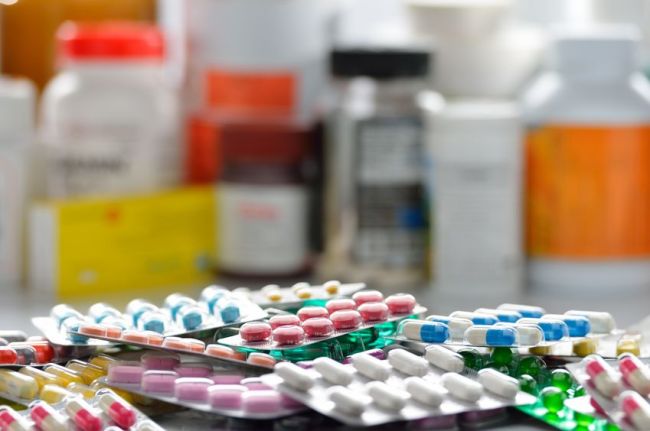Korean market for insomnia drugs grows on rising patients
By KH디지털2Published : April 14, 2016 - 13:47
The Korean market for insomnia medications is growing at a fast clip as more people complain of sleep disorders, industry sources said Thursday.
According to data by the National Health Insurance Service, 455,900 Koreans received hospital treatment for sleep disorders in 2015, up a whopping 57 percent from five years earlier.

After breaching the 300,000-mark, the number of people with sleeping problems has spiked more than 40 percent over the past five years, with the annual increase rate averaging 8.7 percent.
The number of sleep disorder patients is widely estimated to far exceed the official tally as a considerable number of people opt not to see the doctor.
Buoyed by the spike in the number of sleep disorder patients, the local market for insomnia treatments, especially non-psychotropic drugs, has been rising sharply, according to industry watchers.
That's because a growing number of people with sleep problems are turning to non-psychotropic medications, which lead to fewer side effects and are less addictive, they said. Existing treatments are mostly psychotropic, which affects the mind, emotions, and behavior of patients.
To meet the growing demand, two local pharmaceutical companies -- Kuhnil Pharmaceutical and CJ HeathCare -- have put non-psychotropic sleeping pills on the market with their sales rising sharply.
Sales of Kuhnil Pharmaceutical's Circadin more than doubled in the one-year period after it hit local drugstores in July 2014, with shipments reaching 3 billion won ($2.62 million) in 2015.
A CJ HealthCare official expected the market for non-psychotropic sleeping pills to grow significantly as patients are concerned over side effects of psychotropic mediations and their addictiveness.
Kwang Dong Pharmaceutical, a major drug company here, has also started selling an over-the-counter sleep aid targeting mainly women. Female sleep disorder patients account for 58 percent of the total in Korea. (Yonhap)


![[AtoZ into Korean mind] Humor in Korea: Navigating the line between what's funny and not](http://res.heraldm.com/phpwas/restmb_idxmake.php?idx=644&simg=/content/image/2024/04/22/20240422050642_0.jpg&u=)
![[Exclusive] Korean military set to ban iPhones over 'security' concerns](http://res.heraldm.com/phpwas/restmb_idxmake.php?idx=644&simg=/content/image/2024/04/23/20240423050599_0.jpg&u=20240423183955)



![[Graphic News] 77% of young Koreans still financially dependent](http://res.heraldm.com/phpwas/restmb_idxmake.php?idx=644&simg=/content/image/2024/04/22/20240422050762_0.gif&u=)
![[Herald Interview] Why Toss invited hackers to penetrate its system](http://res.heraldm.com/phpwas/restmb_idxmake.php?idx=644&simg=/content/image/2024/04/22/20240422050569_0.jpg&u=20240422150649)





![[Exclusive] Korean military to ban iPhones over security issues](http://res.heraldm.com/phpwas/restmb_idxmake.php?idx=652&simg=/content/image/2024/04/23/20240423050599_0.jpg&u=20240423183955)



![[Today’s K-pop] Ateez confirms US tour details](http://res.heraldm.com/phpwas/restmb_idxmake.php?idx=642&simg=/content/image/2024/04/23/20240423050700_0.jpg&u=)